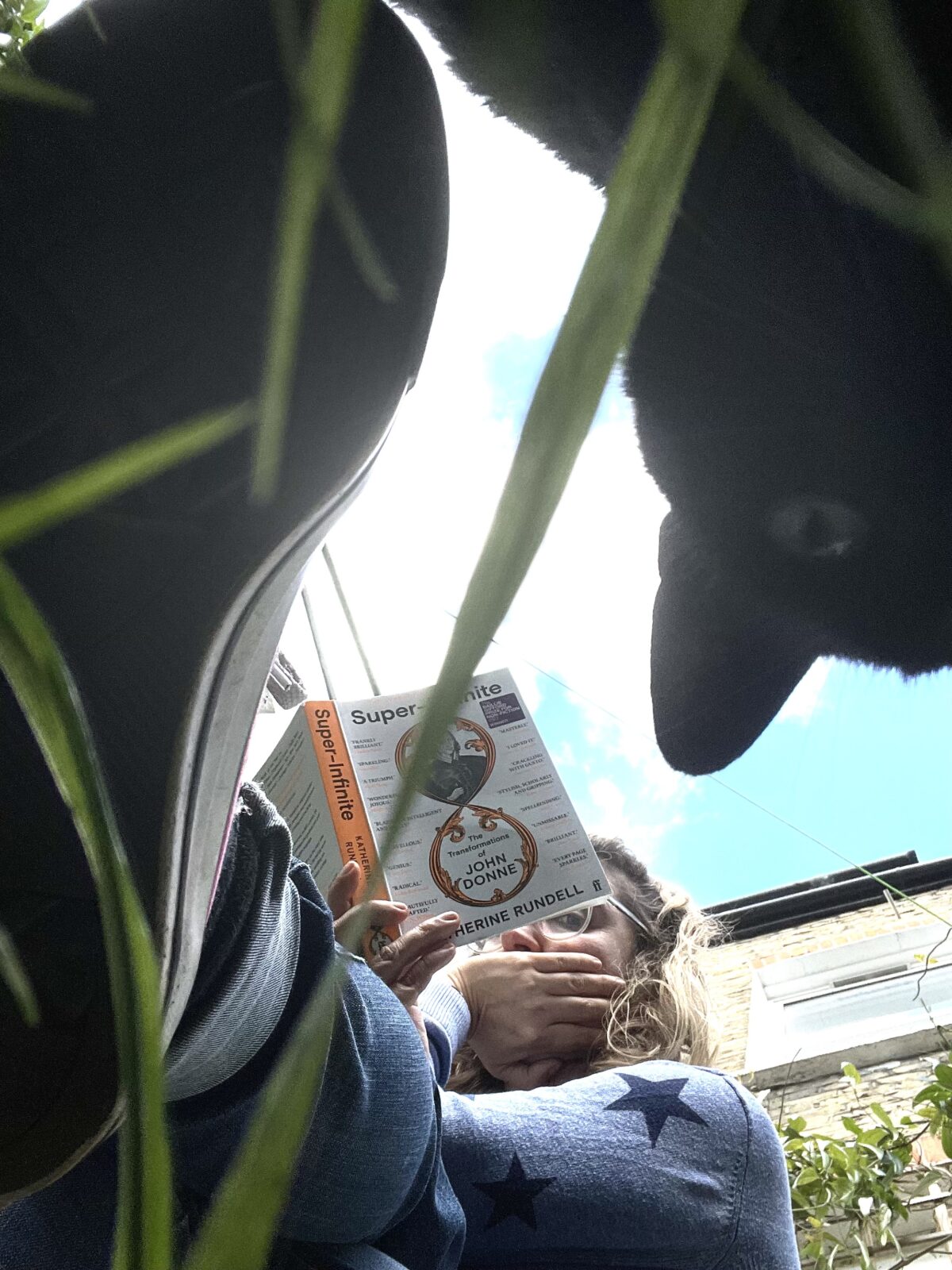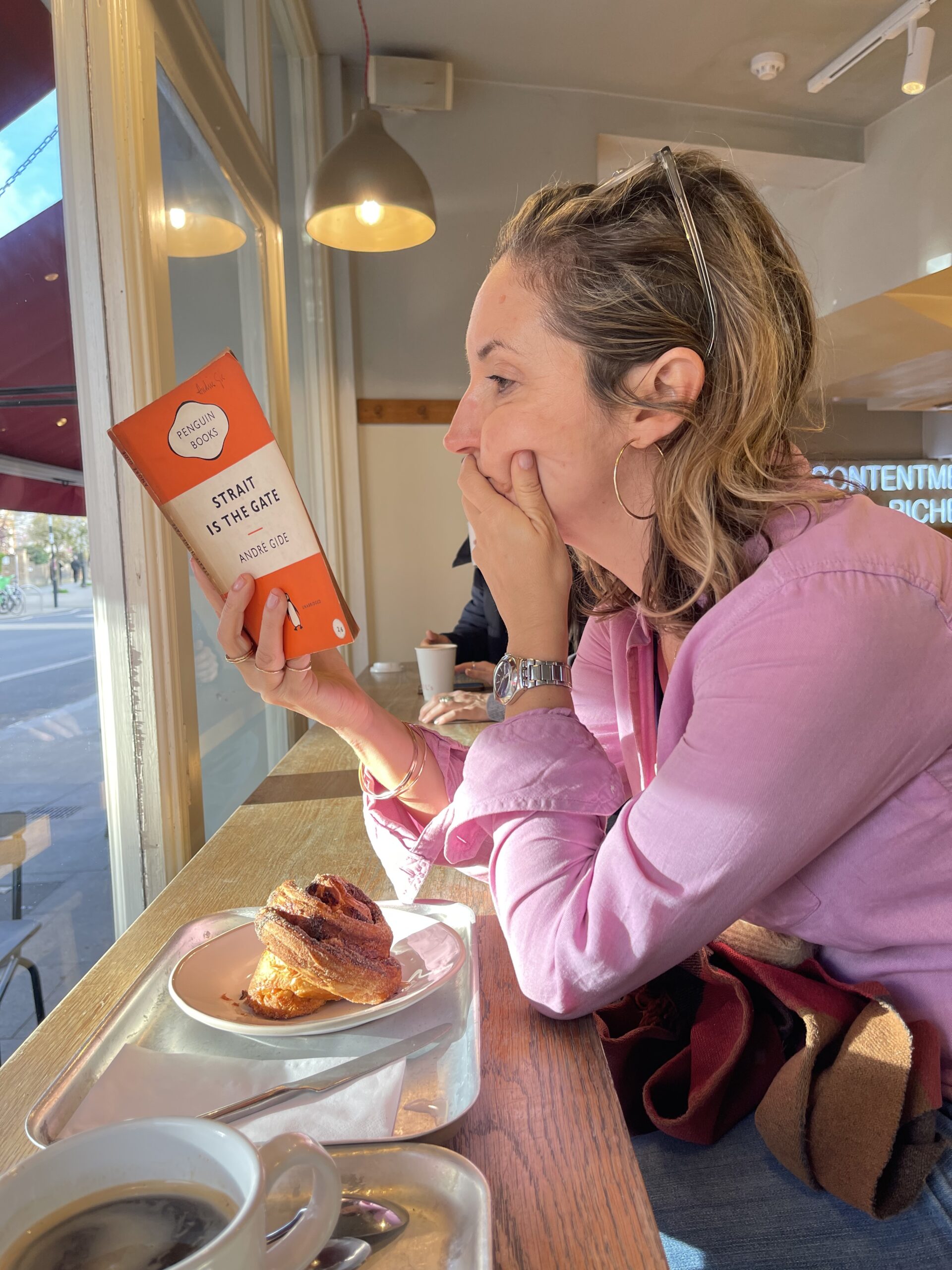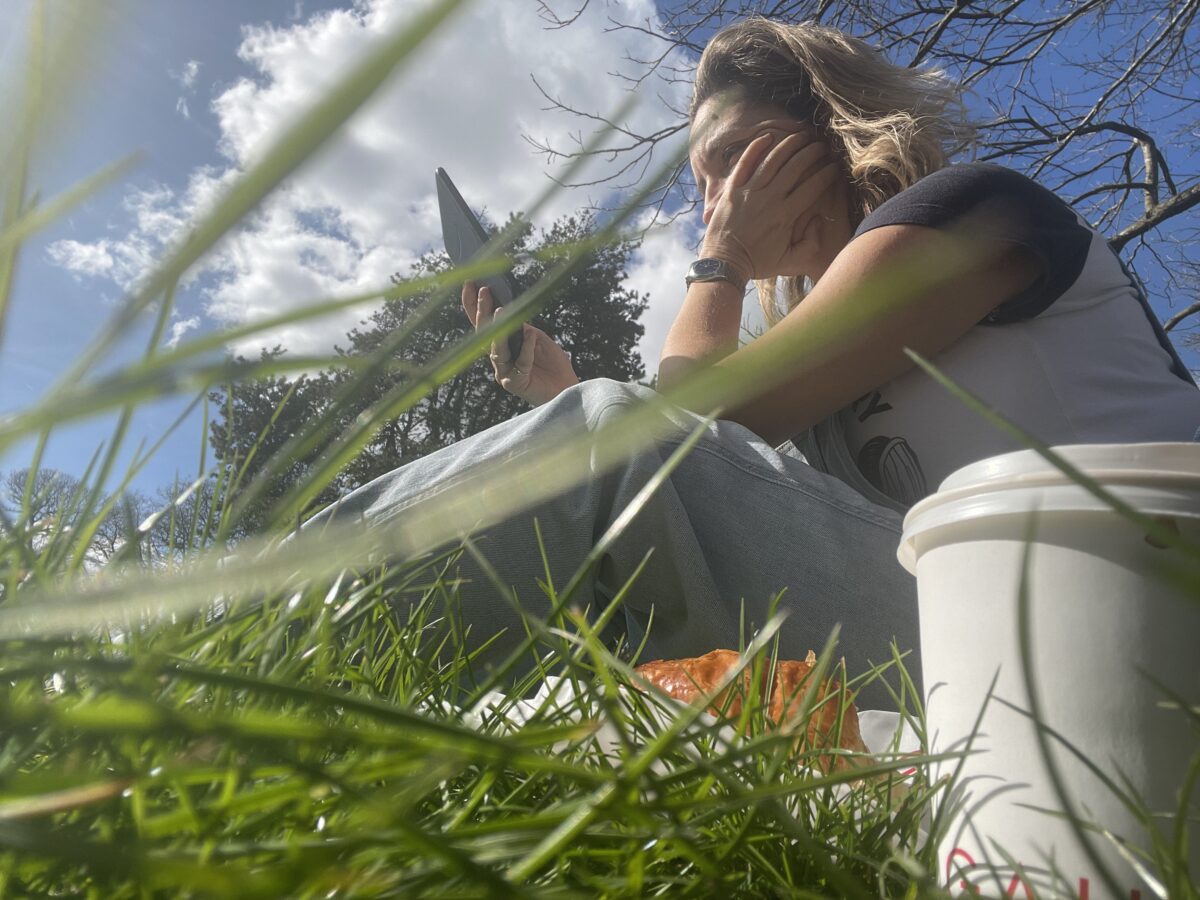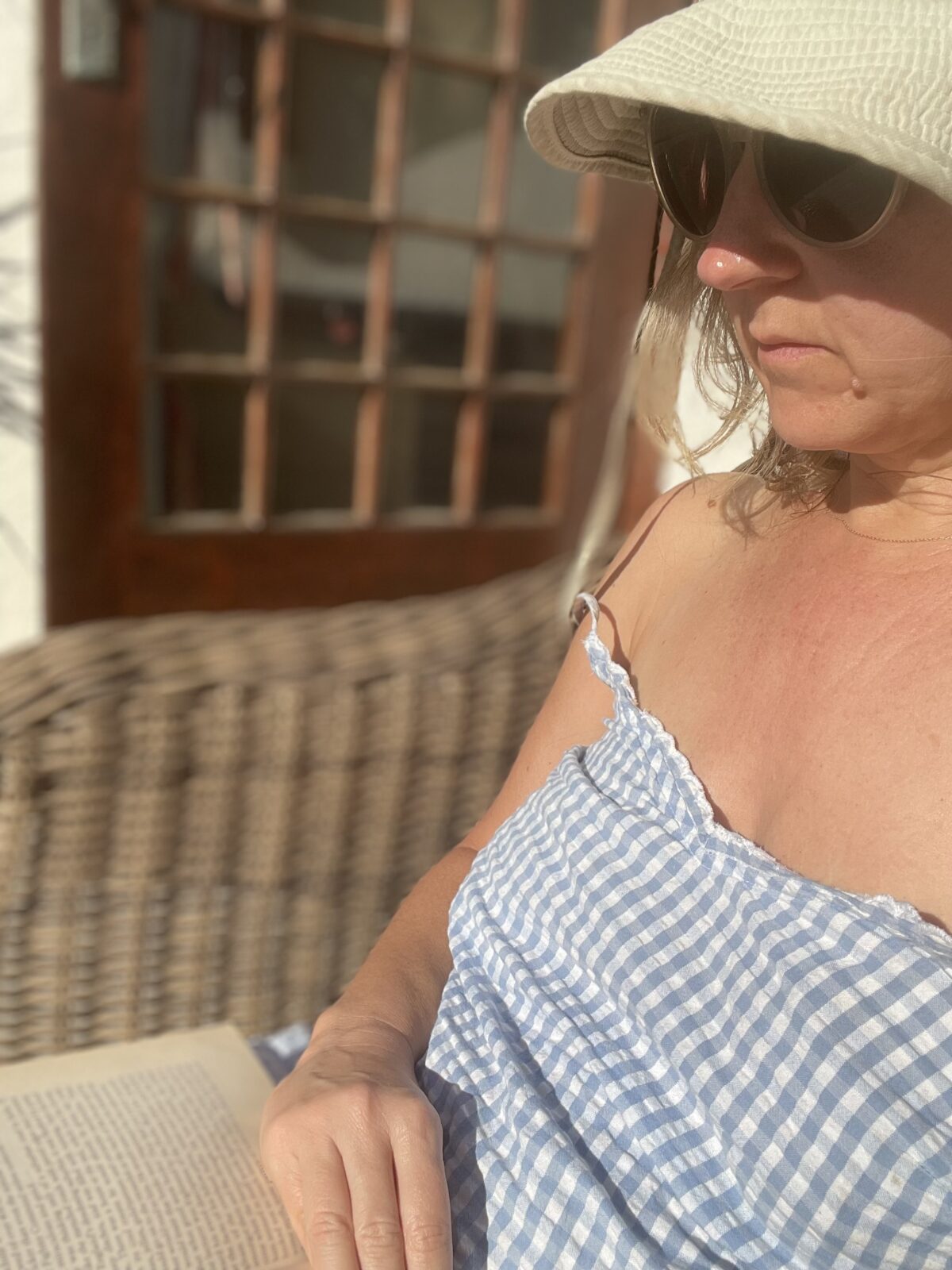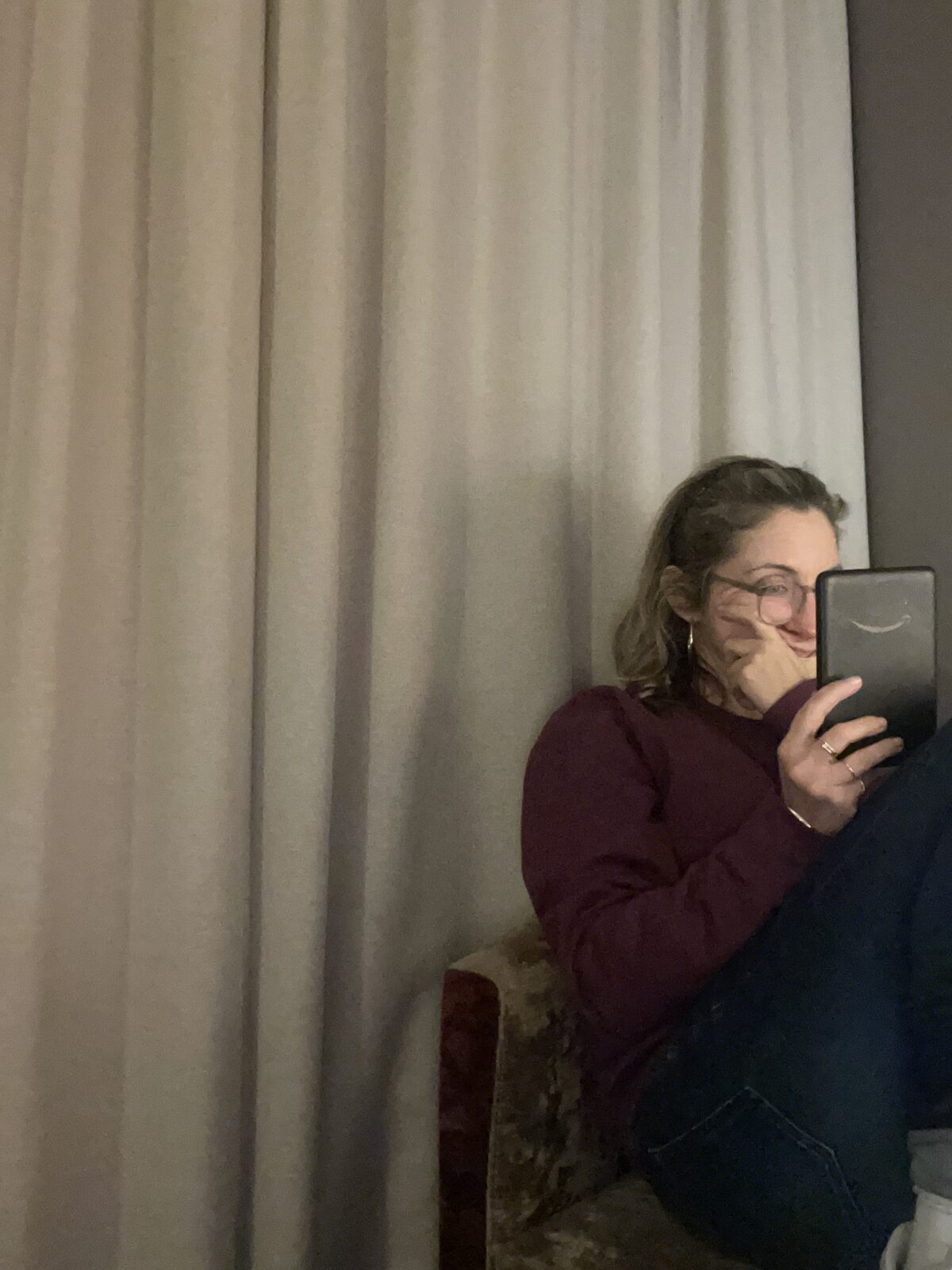Here are the deliriously wild real-life diaries of an English man’s solo effort to find the source of the Niger. He does not start off solo, but it goes that way pretty fast. In 1794 he is employed by some geographic association for the task, after the man who went before him “had fallen a sacrifice to the climate, or perished in some contest with the natives.”
He starts off from the Gambian coast, on foot. He meets a huge variety of people, and is an object of great interest. In many villages he spends hours taking on and off his coat for an audience who have never a white person, or a coat, before. In one village the women come in to find out from him if he is truly a man (!) and he volunteers to show ‘the youngest and prettiest one’ his penis. They find this hilarious.
I had always heard that one reason African people did not unite to fight off colonialisation is that they did not (understandably) immediately realize the threat, being too deeply involved in their own centuries-old conflicts. This book shows how that could be so, for a huge amount of it is about who is at war with who and what that means for Mungo. Also shockingly interesting is his estimate that only about one in four of the Africans he meets are free, the rest being slaves. (Apparently there were two levels, if you were a local, you had some rights, but if you were a foreigner you really had none)
Mungo gets robbed quite a bit, and eventually is actually imprisoned by some Arab nomads. He has more time than he wants to observe them, and notes that “ as (their) pastoral life does not afford full employment, the majority of the people are perfectly idle, and spend their day in trifling conversation . . .” WHERE DO I SIGN?
He also notes some pretty interesting female beauty standards: “A woman, of even moderate pretensions, must be one who cannot walk without a slave under each arm to support her, and a perfect beauty is a load for a camel.” He saw young girls sit weeping over their food, being forced to eat until they vomited, so they could grow fat. Again, WHERE DO I SIGN.
This part is pretty bleak actually, as the translator (a 9 year old boy) calmly explains to him that his captors are debating between putting his eyes out and murdering him. Eventually he escapes with only the clothes he is wearing and his horse. He is lost and has no water. He lies down to die, first letting his horse go (as the last ‘act of humanity’ he will ever do); and then it starts to rain. He manages to meet some more people and is able to exchange buttons on his waistcoat for food. It is hair-raising. Eventually he makes his way back to the coast, never having got near the source of the Niger, but returning to a hero’s welcome all the same. On his return, impoverished journey, it is pretty sad to see how who mostly helped him are the poor. He is grateful to tears when an old slave woman gives him a handful of mush.
I expected quite a lot of old school racism, but more got this:
“Whatever difference there is between Negro and the European in the conformation of the nose and the colour of the skin, there is none in the genuine sympathies and characteristic feelings of our common nature.”


